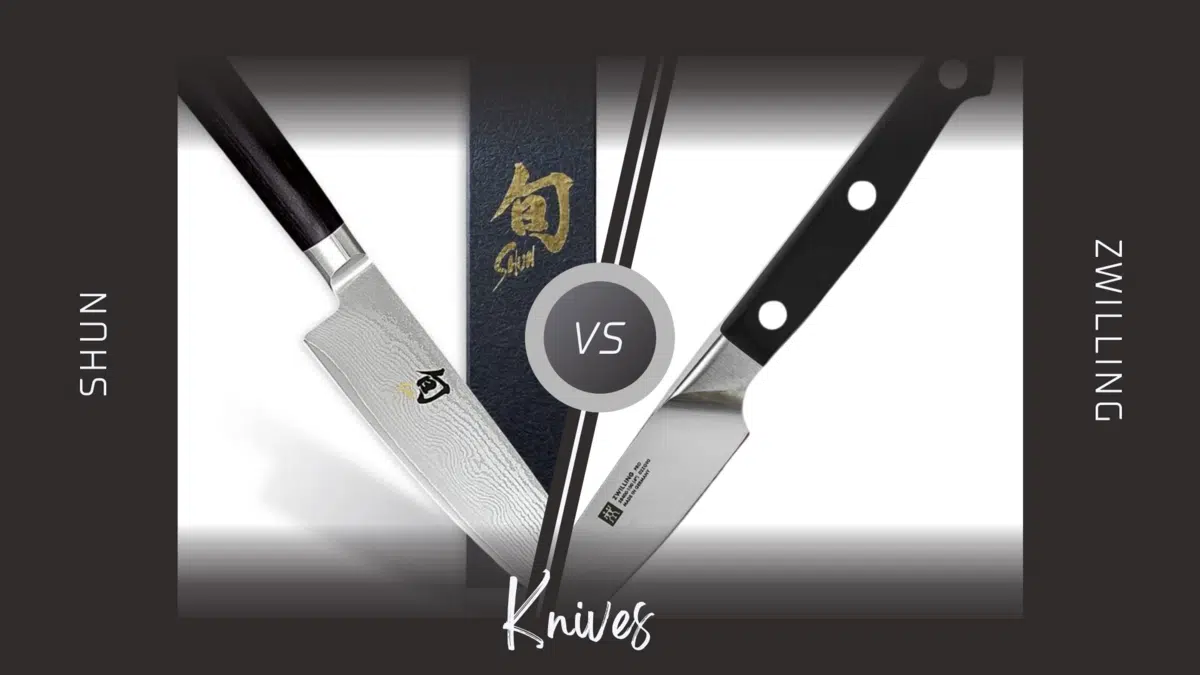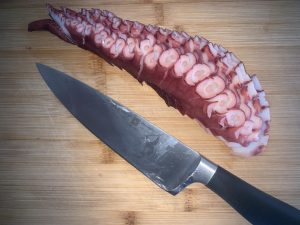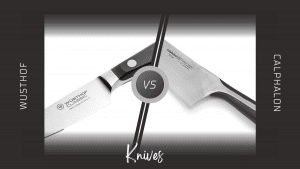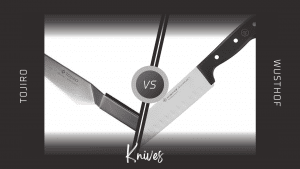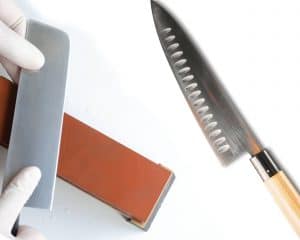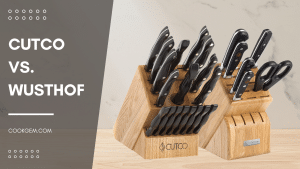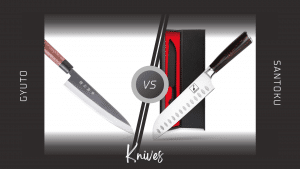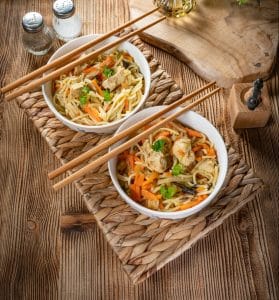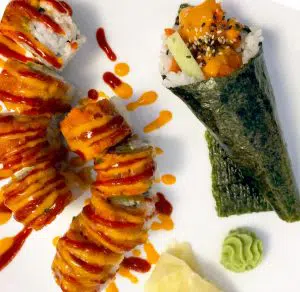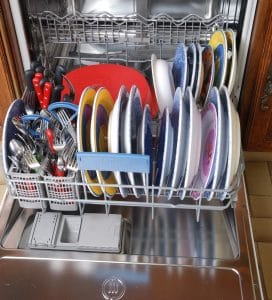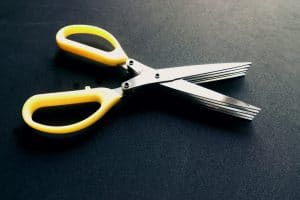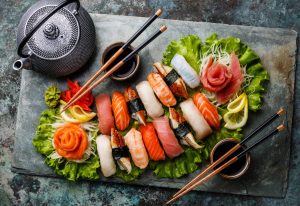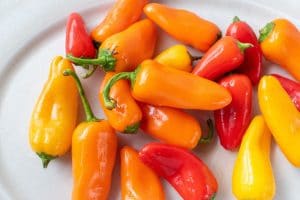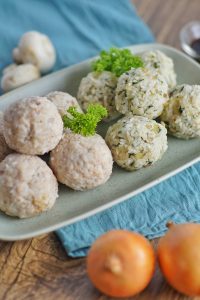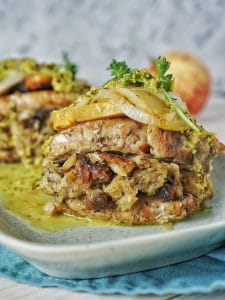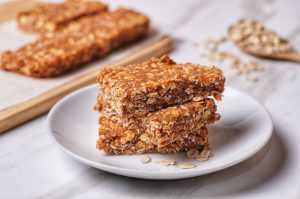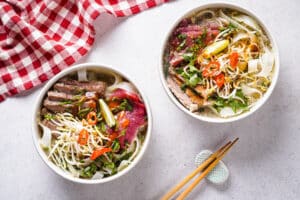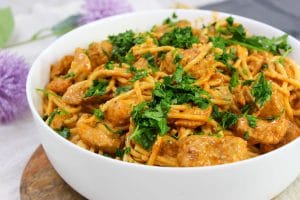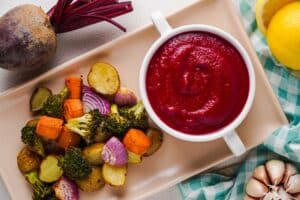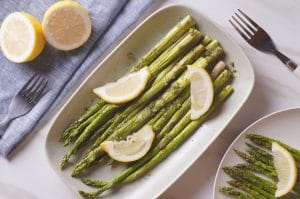Shun Vs. Zwilling Knives: What’s The Difference?
Important Note: When you buy through our links, we may earn a commission. As an Amazon Associate we earn from qualifying purchases. Content, pricing, offers and availability are subject to change at any time - more info.
All avid cooks will understand the importance of having a durable, sharp knife, especially if they spend hours prepping delicious meals. Although, choosing between eastern-style chef’s knives like the magnificent Shun and western-style knives like the sleek Zwilling is not for the faint-hearted as they both have their own profound merits.
Japanese Shun knives are sharper than German Zwilling knives produced from VG-Max steel, with a pounded wavy blade and a Pakkawood handle. Zwilling knives are more durable than Shun knives as their steel is less hard; they feature a contemporary ergonomic design with a sturdy handle.
I will share my candid, in-depth review concerning the similarly-sized 8-inch Shun Classic and the Zwilling Professional “S” Chef’s Knife to facilitate a fair comparison between these two stellar brands, including a handy buyer’s guide. So, if you want to purchase a trusty chef’s knife that will stand the test of time – read on!
Shun: The Classic Chef Knife

Japan has been perfecting the art of producing exceptionally crafted fine blades for centuries. It’s no wonder that Japanese knives have a near-cult following!
Shun knives are crafted in Seki, Japan, which is globally renowned as one of Asia’s most prestigious knife manufacturing regions.
The 8-inch Shun Classic Chef Knife is a great choice for those seeking a magnificent, aesthetically pleasing, robust, sharp knife that should last for years to come.
The knife’s blade is produced from several thin layers of sturdy Damascus steel, which features a pounded bespoke wavy design and culminates in a razor-sharp curved, double-beveled blade that is corrosion and wear-resistant.
Knife blades that are produced from Damascus steel are incredibly popular as the blades are flexible yet sturdy.
They retain their sharp edges as the micro-layers of Damascus steel create serrated edges, which means that you don’t have to sharpen them as often compared to blades made from other materials.
The Shun’s blade is also sharpened at a 16-degree angle which increases its performance, and the pounded finish also releases food when you are chopping away.
The most striking characteristic of the Shun is its elegant wood-grain handle, which is crafted from sleek ebony-colored Pakkawood which includes a stylish metal seal at the end of the handle.
However, as any dedicated cook would know, a knife needs to offer a comfortable grip, especially if you are accustomed to hours of meal prepping.
Safe to say, the Shun Classic Chef Knife is a fantastic choice if you are looking for a stable knife that will not result in painful wrist strain.
The Shun blade features two honing sides, consisting of a smooth part that is ideal for frequent honing, including a ribbed section designed for weekly honing to maintain the blade’s pristine condition.
The Shun Classic Chef Knife will also include a honing angle guide which will be super handy until the correct honing angle becomes second nature.
Zwilling: The Professional “S” Chef’s Knife

Zwilling knives have a long and illustrious history of producing superb, finely crafted knives in Solingen, Germany.
However, before we delve into an in-depth review, it’s important to point out that ‘JA Henckels’ knives should not be confused with Zwilling JA Henckels knives that feature a logo with two distinct stick-man figures.
Unlike the Zwilling brand, “JA Henckels” knives are not manufactured in Germany or part of a huge group of Zwilling companies that are renowned for manufacturing superior quality knives.
Although, it is important to note that although JA Henckels is the Zwilling group’s most prominent brand of knives, they also manufacture Miyabi and Kramer knives produced in Japan.
While the Zwilling Professional “S” Chef’s Knife 8-inch knife is not as aesthetically pleasing as the Shun, it offers a contemporary ergonomic design with a pointed tip, sleek bolster shape, including a sturdy handle that is comfortable to handle with quintessential European flair.
Due to the Zwilling’s tendency to lean forward slightly, it is not as well balanced as Shun knives. However, it’s an incredibly versatile kitchen knife that is suited to either chopping or slicing, and it sharpens easily.
Most importantly, Zwilling knives come with a lifetime warranty to vouch for their incredible durability. To illustrate this point, a customer reviewer stated that she had been using her Zwilling chef’s knife for over 20 years, and when it finally broke, the manufacturer offered to fix her trusty knife.
The Zwilling knife blade is crafted from a robust blend of stainless steel and carbon that is precision-engineered to create an erosion-resistant, flexible blade. While the edge of the Zwilling blade requires frequent sharpening, the process is effortless.
The sturdy handle is crafted from durable thermoplastic material that is moisture and temperature-resistant, which means that it will not bend or become brittle like other knife handles.
The Zwilling’s handle is also incredibly comfortable to handle with a pinch-grip, although it is probably best suited to cooks with bigger hands. The only ergonomic downside is that the knife’s bolster may sometimes interfere during the cutting or slicing process.
The Professional “S” Chef’s Knife is a great investment as it is chip and rust-resistant, requires low maintenance and is one of the finest examples of superior European artistry that will last a lifetime.
The Shun Vs. The Zwilling: A Candid Comparison
As you now have a greater understanding of Shun and Zwilling knives’ most redeeming features, you will notice that they are both superior chef’s knives that are “worthy in their own right.”
While it is hard to choose one over the other, it might be helpful to consider its durability, sharpness, and ease of handling before you make a costly investment in a quality chef’s knife.
Shun Vs. Zwilling: Which Knife Has The Longest Life Span?
A kitchen blade’s longevity is mostly dependent on the blend of metals it is manufactured with. So, let’s have an in-depth look at those factors.
Zwilling Professional “S” Chef’s Knife: Durability Review
Zwilling knives need to be mentioned first, as compared to the Shun, they win the durability contest hand over the heart.
All Zwilling knives are manufactured from a bespoke blend of Carbon, Chromium, and Vanadium German steel (X50CrMoV15) as it ensures the knife’s longevity, strength and results in a sharper blade.
Zwilling knives contain less carbon in comparison with other leading brands, as excessive carbon results in brittle blades that are not as long-wearing.
The addition of Vanadium and Chromium further strengthens Zwilling knife blades to result in a 15% stainless steel product with an impressive Rockwell hardness of HRC 57 that is designed for longevity (the Shun has an HRC61 score),
Shun Classic Chef Knife: Durability Review
While our reviewed Shun Classic knife is produced with VG-Max steel, other knives in the Shun collection are not necessarily manufactured with the same robust blended steel.
Although VG-Max (or super) steel is, in essence, a one-of-a-kind Japanese material, it is crafted to appeal to western tastes, with the required durability and strength to match.
Like Zwilling, all Shun Classic knives contain a blend between Carbon, Chromium, and Vanadium.
Shun knives include far more Carbon quantities in comparison with the Zwilling range, the addition of Vanadium ensures that they are far more resistant to wear and tear.
However, Shun knives are a little less durable than Zwilling products as they are harder due to their high Carbon contents.
Shun Vs. Zwilling: Which Knife Is The Sharpest?
It’s important to consider a knife’s Rockwell hardness and not the dimension or the angle of its blade.
In practice, knives that are produced with hard steel like the Shun can retain their sharp blade edges for far longer than those produced from softer steel like the Zwilling brand.
The Shun knife will require far less sharpening than the Zwilling brand, which would need frequent sharpening to maintain its 15 degrees blade edge.
Shun Vs. Zwilling: A Knife Handle Comparison
Anyone who has spent countless hours prepping for meals will know the importance of using a chef’s knife with a comfortable handle. Therefore, it’s imperative to take that into account when you are choosing a chef’s knife.
The quality of a chef’s knife handle is often a great indicator concerning the overall quality of the knife, and it needs to be crafted from robust material that is temperature and moisture resistant.
But most importantly, the handle must be comfortable and easy to grip to prevent potential injuries that typically occur when you are cooking up a storm.
Shun Classic Chef Knife
Like most Japanese knives and other leading brands, the Shun’s handle is produced from a durable blend of Pakkawood and protective resin.
It is safe to say that Pakkawood is perfectly suited as chef’s knife handles as the material is far more robust compared to solid wood. Pakkawood is resistant to heat, and moisture which means that the handle will not crack over time like most knife handles.
Pakkawood is also incredibly adaptable as it can be stained in various colors yet retain its natural wood grain beauty which it is favored for. But most of all, it is truly beautiful and reminiscent of the unique Japanese aesthetic.
Zwilling Professional “S” Chef’s Knife
All Zwilling JA Henckels knives are produced with handles that are expertly crafted from
thermoplastics called Polyoxymethylene (POM) as it results in an incredibly durable, stable handle.
The Zwilling group exclusively uses Polyoxymethylene raw materials as it is designed to create sturdy handles. Like Pakkawood, this thermoplastic is also resistant to extreme moisture and temperature conditions typically found in a kitchen environment.
It is safe to say that Pakkawood and Polyoxymethylene are both exceptionally durable, quality materials that are reminiscent of their Asian and European heritage.
Shun Vs. Zwilling: A Brief Cost Comparison
A cost comparison is rather challenging as the Shun and Zwilling brands include a wide range of different knives with different pricing, and as we all know, they are subject to price fluctuations.
Shun knives retailing at approximately $160 are a little more expensive compared to the $150 Zwilling price tag.
However, it’s important to note that all Shun knives are crafted from superb, finely crafted Japanese steel, and they are far more affordable compared to other leading western knife brands.
Overall, there is such a marginal price difference between the Shun and Zwilling brands, and they both offer exceptional value for money. So, your ultimate decision should be solely based on your personal preference and not the associated cost.
A Buyer’s Guide To Purchase The Perfect Chef’s Knife
However, should you still be in two minds on whether to purchase a Shun or a Zwilling chef’s knife – that’s perfectly understandable as they are both excellent choices.
In my opinion, your final decision should ideally be based on a knife that suits your lifestyle needs.
If you have a family with many aspirants’ cooks, I would recommend the Zwilling brand due to its superior, hardwearing durability that can withstand all the punishment knives have to withstand in a bustling family kitchen.
Another plus of using Zwilling knives is its traditional knife design which appeals to multiple users in the western world.
However, if a dull knife is a deal-breaker, the Shun would be your best choice as it remains razor-sharp for a long period of time, and it will offer a great return on investment with proper care.
Especially if the Shun’s beautiful Japanese design and unique aesthetic coupled with its distinctive wood-grained handle and attractive blade appeal to you.
What Is The Difference Between Shun & Zwilling Knives?
Ultimately it does not matter which chef’s knife you choose as they both offer exceptional value for money, and they should last a lifetime with great care.
The sleek Zwilling range is a great option if you want a trusty chef’s knife to pass on to the next generation as it is coupled with a lifetime warranty. While the Shun will provide endless hours of meal prepping without having to deal with the frustration of dealing with a blunt knife, which happens to be the bane of my existence.
